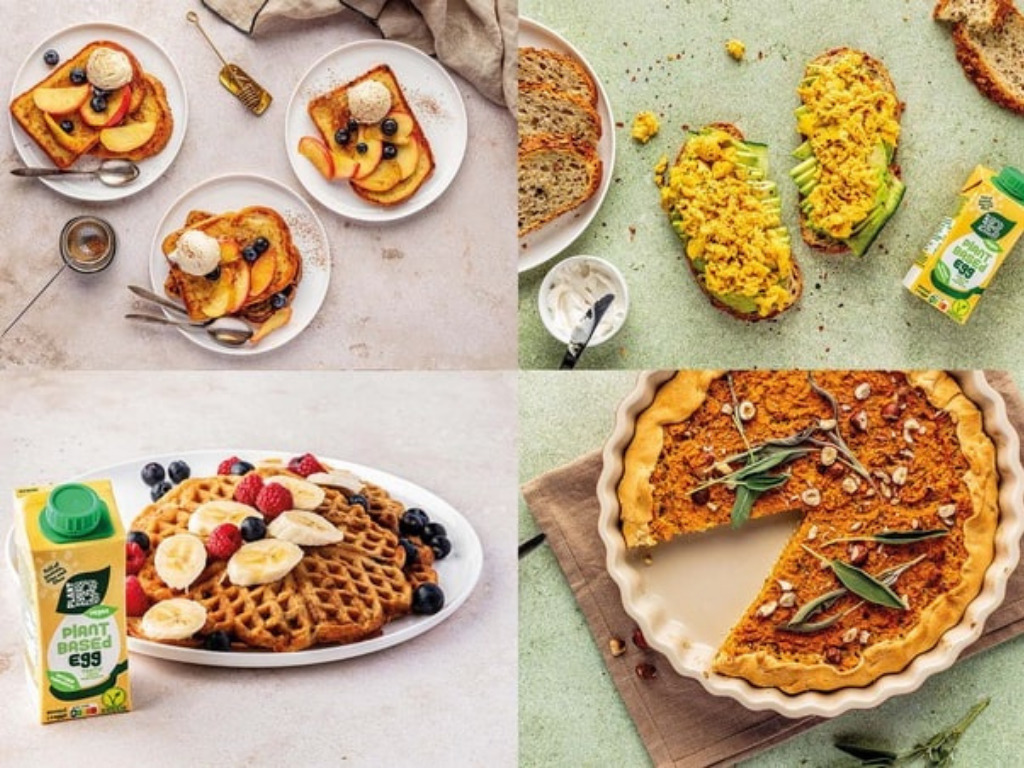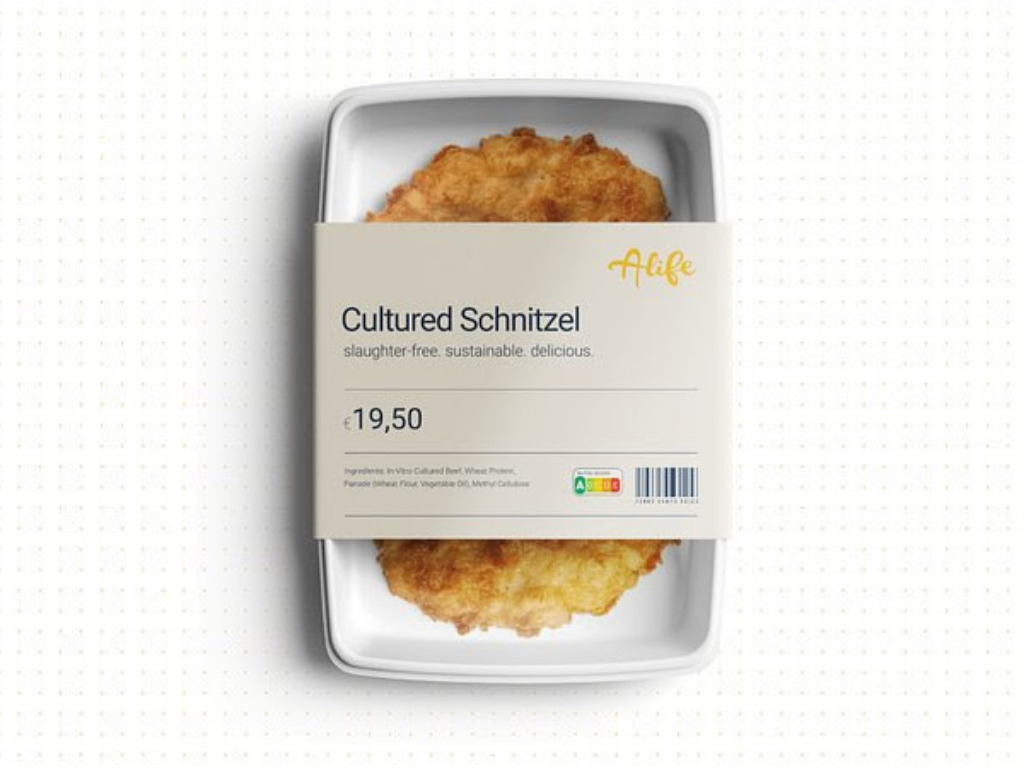Why Is Germany’s Love Affair With Meat And Dairy Cooling?
5 Mins Read
A new report claims that Germany’s citizens are reducing meat and dairy intake in record numbers. The question is, what has spurred this change of heart?
Germany has long been a country associated with meat-eating. Beer and brats, schnapps and schnitzels—there is a heritage for rich meats that seemed hard to overcome.
ProVeg International, using data sourced from the partially EU-funded project Smart Protein, claims that Germans are no longer as enamoured with meat. Dairy consumption appears to be falling alongside.
A survey of more than 7,500 people looked at consumer thoughts on plant-based and regular foods. Germany was one of 10 European countries sampled for the study. Survey results demonstrated Germany came second only to Romania in terms of meat reduction.

From meat-loving to meat-shunning
Smart Protein is a project with 33 participants. Each is a company looking to see if it can develop new proteins using food manufacturing by-products. Spent brewers yeast and pasta residues are examples of key ingredients. Alongside attempting to spur on sustainable food production, the project looks at consumer attitudes and willingness to adapt diets. The data has been used by ProVeg International to draw conclusions about changing mindsets.
Smart Protein reports that 10 percent of German consumers consider themselves plant-based, meaning vegan or vegetarian. Of all 10 European countries sampled, it has the highest percentage of meat-avoiders. Expanding these findings, 30 percent of those asked called themselves flexitarians. The figures prompted those collaborating with the study to declare Germany as the E.U. country with the most plant-based eaters.
Just over half (51 percent) of all Germans questioned responded that they have cut their meat intake within the last 12 months. 32 percent claimed to be planning to reduce dairy in the next six months. A dramatic shift from the traditional staples of quark and wurst, researchers searching for potential motivations have looked to health concerns.
“It is possible that health awareness has increased due to COVID, but also, you need to consider the holistic contribution of dietary guidelines, strong campaigns in Germany for healthy eating, and also the role of social media,” Professor Armando Perez Cueto, a Smart Protein contributor, told FoodNavigator. “Plus, from Smart Protein data it seems that Germans and Austrians experience barriers to dietary shift to a lesser extent than consumers in other EU countries.”
ProVeg International has drawn further conclusions, citing personal and planetary health as guiding forces in Germany’s decision to reduce meat and dairy consumption. “The awareness about the need for healthy as well as environmentally- and climate-friendly nutrition has increased in Germany,” Dirk Liebenberh, senior project manager at ProVeg International told FoodNavigator.

What the findings mean
For plant-based food manufacturers, Germany is a must-enter market. There is a tangible demand for more dairy options, with 32 percent of people wanting vegan cream cheese and 31 percent citing mozzarella as lacking in supermarkets.
Plant milk is the most frequently consumed plant-based product, with yoghurt coming second. Poultry and beef alternatives are tied for third place with 20 percent of respondents claiming to eat them at least once a week.
There was an overall interest in being able to source more animal-free meat products, which ties in with Germany being identified as the fasted-growing market for plant-based alternatives. Considered somewhat mainstream, due to being available in a range of differently-priced shops, there is still room to add more. The U.K. was cited as being the leader for the choice of plant-based meats.
In a coup for alternative protein manufacturers, 26 percent of people said they would be happy to pay more for plant-based meat than conventional options. The caveat is that it would need to taste and feel like the real thing. The overall conclusion of the report was that Germany has an open mind and an increasing desire to move away from traditional food tropes in favour of healthier alternatives.
“It also shows there is tremendous potential for plant-based foods in Germany and across Europe and we hope companies will be encouraged to develop more and better products,” Matthias Rohra, executive director Germany at ProVeg International concluded to FoodNavigator.

Domestic players changing the game
In a bid to support the burgeoning plant-based movement, German startups are vying to bring new products to market.
Earlier this month, Berlin-based Perfeggt revealed it had secured add-on pre-seed funding that brought its total raised to $4 million. The liquid whole-egg replacement brand will be launching its flagship fava bean-based product through foodservice and retail partners soon. Similarly, The VGN is looking to launch its first liquid product. Hamburg’s Plant B has used lupins to make its own variant and is expected to launch next month.
Offering a potential compromise is cultivated meat. Clean label animal-based protein that doesn’t require the death of a living creature could sway Germans to be more flexitarian than plant-based, in the future.
The E.U. currently has no framework in place for identifying or regulating the industry, but when it does, Germany has a domestic brand already in place. Alife just announced that it has developed a cultivated schnitzel (German breaded meat cutlet) in partnership with LabFarmFoods. The startup is tentatively aiming for a 2025 launch.
Lead photo by Pami Avilés from Pexels.





